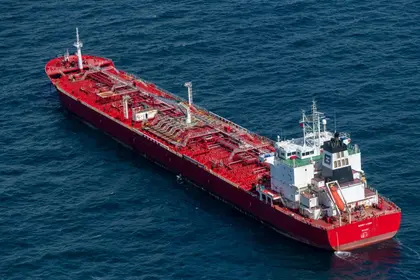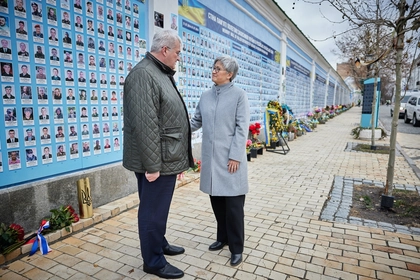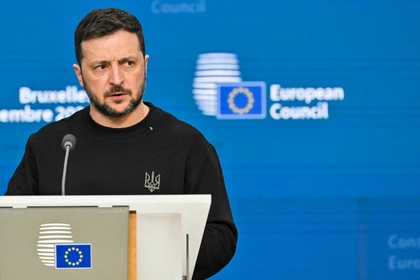Three major Greek shipping firms have said they have stopped transporting Russian crude oil to Asia, Africa and South America in a response to suggestions that the US will impose sanctions on those assisting Moscow to trade oil above a price cap imposed last year.
The European Union, G7 countries and Australia introduced a price cap of $60 a barrel on Russian oil last December, in an attempt to curb Russia's ability to finance its war in Ukraine.
JOIN US ON TELEGRAM
Follow our coverage of the war on the @Kyivpost_official.
According to a Reuters report, the three companies have been transporting Russian oil “for decades” and had continued to do so until September–October when the US began to more strictly enforce the G7 decision and had imposed sanctions on Turkish and UAE tanker owners for transporting Russian oil above the cap.
The three firms are Minerva Marine, Thenamaris and TMS Tankers, none of which responded to Reuters’ inquiries.
With more than 100 tankers between them, the three companies were capable of accepting nearly all Russian oil exports from Russia’s European ports of Primorsk and Ust-Luga, located in the Gulf of Finland, as well as Novorossiysk ports located in the Black Sea.
A recent Kyiv Post report stated that the EU was planning to ask Denmark to inspect and potentially block Russian oil tanker transiting through its territorial waters as it also stepped up price cap enforcement measures.
This would directly impact on oil exports from the Primorsk and Ust-Luga ports, which represent roughly 60 percent of its oil exports from its European ports.

Orban Plans to Block EU Sanctions on Russia Ahead of Trump Inauguration
The G7 price cap was introduced to limit Russian export revenue and aimed at “preventing Russia from profiting from its war of aggression against Ukraine, to support stability in global energy markets and to minimize negative economic spillovers of Russia’s war of aggression.”
The price cap would only allow Western firms to ship and insure Russian crude oil sold at or below $60 per barrel. However, until recently it has not been explicitly enforced.
Russia has been operating a “dark fleet” to evade the price cap, trading oil above $60 per barrel using falsified documents and avoiding have to insure the consignments. The routes have also become lucrative as a combination of the sanctions with skyrocketing freight rates of as much $15 million per voyage encouraging some tanker firms to take on the job.
In its attempts to avoid sanctions, Russia has been using vessels that carry flags of diverse states such as Liberia and the Cook Islands, and through shipping companies registered in the UAE, India, Hong Kong, Seychelles, Ghana and other locations.
You can also highlight the text and press Ctrl + Enter






